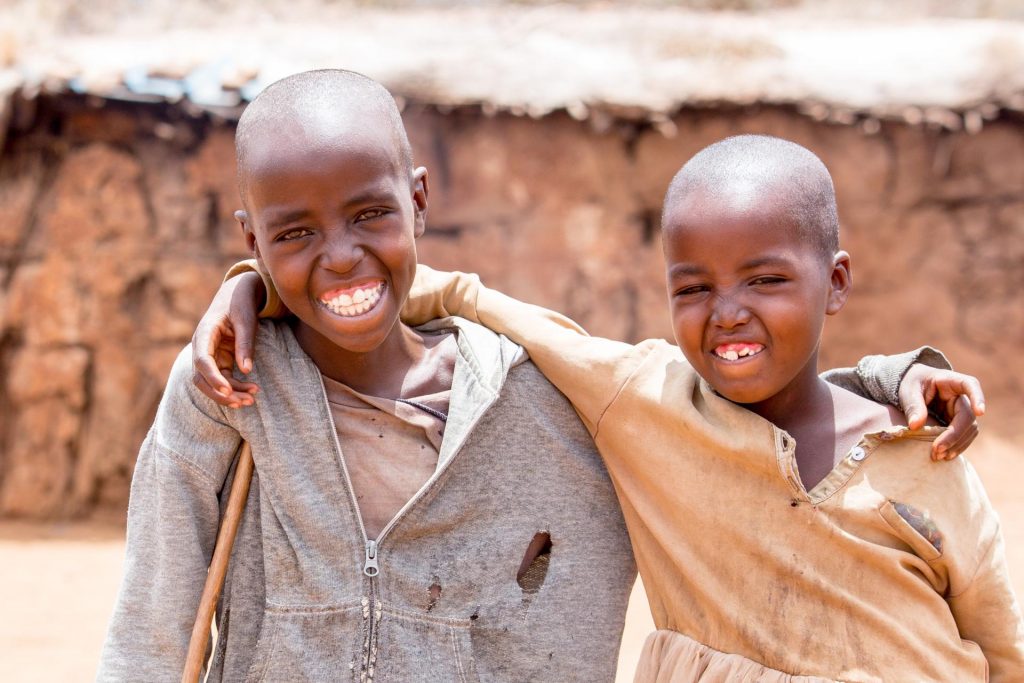Take an Action
Connect with us
Child Rights and Protection

Every child and young person has rights, no matter who they are or where they live. Nearly every government in the world has promised to protect, respect and fulfill these rights, yet they are still violated in Ghana.
Child participation is one of the core principles of the Convention on the Rights of the Child (CRC), which asserts that children and young people have the right to freely express their views and that there is an obligation to listen to children’s views and to facilitate their participation in all matters affecting them within their families, schools, local communities, public services, institutions, government policies and judicial procedures. At Lineenbaal Women’s Association (LiWA), we consider child and youth’s meaningful, safe, and appropriate participation a key strategic priority for ensuring sustained child well-being and creating democratic societies with informed and engaged citizens.
We believe that children and young people can play a significant role as agents of transformation with the capability to engage in decision-making processes, in accordance with their evolving capacities and gradually increasing autonomy. When children and young people learn to communicate opinions, take responsibility and make decisions, they develop a sense of belonging, justice, responsibility and solidarity.
Our work in the field of child and youth participation reflects its International Board endorsement of the Convention on the Rights of the Child. This endorsement implies organizational support to the rights of children to be listened to; to express their opinions on matters that affect them; to freedom of expression, thought, association and access to information; all while respecting the roles and responsibilities of parents and others in authority.
Our teams have made significant advancements in the area of child and youth participation. Internally, we have strengthened the guidance and technical support provided to staff members who work directly with children and increased our commitment to children’s participation among board members and senior-level staff.
Lineenbaal Women’s Association (LiWA) works to empower families, communities and schools to protect children from violence, abuse and uphold their health and rights. We envision families, communities and schools where young people are protected from all forms of violence, abuse and their health and rights respected.
Lineenbaal Women’s Association (LiWA) focuses on the following integrated areas of work:
- Empowering: We work closely with formal and non-formal actors by enhancing their capacity to protect children from all forms of violence and abuse and to ensure that their health and rights are being respected.
- Innovating: We aim at creating new or adding value to existing ideas, models, methodologies, initiatives, and approaches that are community-based, grounded, and tested to address complex child protection and health issues in a comprehensive and sustainable manner.
- Learning: We work to strengthen collaborative community learning and evidence-based knowledge building through child-focused applied research to guide and inform child protection, health practice, and policy influence.
- We are assisting local governments in strengthening child-rights systems and mechanisms.
- We are advocating for an authority to defend children’s rights and support planning for and monitoring of children’s rights in Ghana.
- We are working with local governments on the development of effective child participation in the design, execution, and monitoring of initiatives that affect them.
We utilize a social ecological approach as a delivery model with an integrated focus to achieve our outcomes and influence change at the child, family, and community levels.
- Children are resilient and can protect themselves by upholding their health and rights.
- Families nurture, protect, and provide well for their children.
- Communities are free and safe from all forms of violence.
- Local governments have effective child protection and health systems, policies, and services that enhance a violence-free society.
